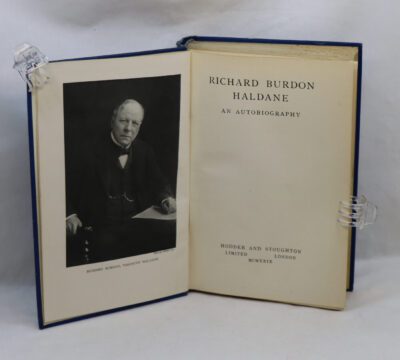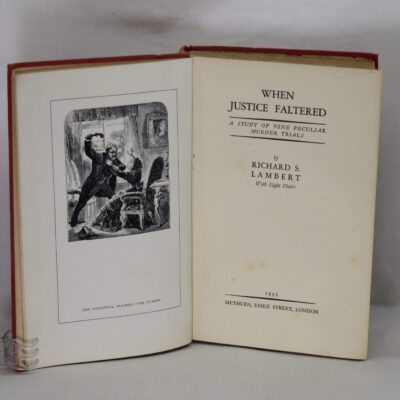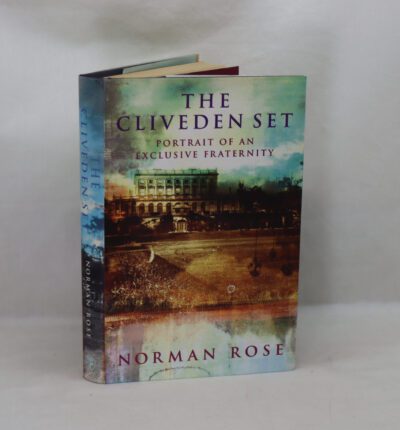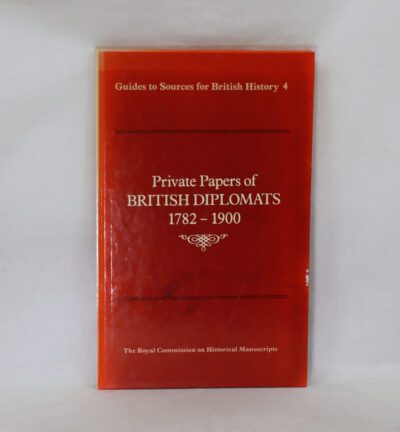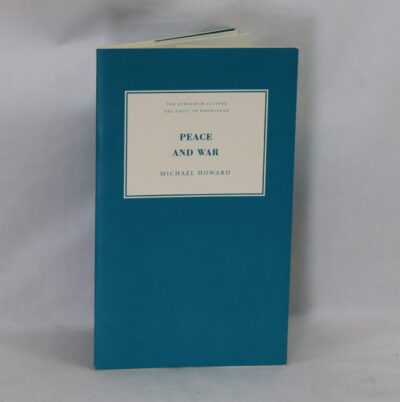Aristotle. The Politics.
By T A Sinclair
Printed: 1964
Publisher: Penquin Books.
| Dimensions | 11 × 18 × 2 cm |
|---|---|
| Language |
Language: English
Size (cminches): 11 x 18 x 2
Condition: Fair (See explanation of ratings)
Your items
Item information
Description
Black board binding with white title on the spine and Aristotle image on the front board. Ex library.
We provide an in-depth photographic presentation of this item to stimulate your feeling and touch. More traditional book descriptions are immediately available.
Please view the photographs. This is a read paperback which remains one of the best introductions to this subject. This is a must read for civilised man!
Politics is a work of political philosophy by Aristotle, a 4th-century BC Greek philosopher.
At the end of the Nicomachean Ethics, Aristotle declared that the inquiry into ethics leads into a discussion of politics. The two works are frequently considered to be parts of a larger treatise – or perhaps connected lectures – dealing with the “philosophy of human affairs”. In Aristotle’s hierarchical system of philosophy he considers politics, the study of communities, to be of higher priority than ethics, which concerns individuals.
The title of Politics literally means “the things concerning the πόλις (polis)”, and is the origin of the modern English word politics. As Aristotle explains, this is understood by him to be a study of how people should best live together in communities – the polis being seen by him as the best and most natural community for humans.
The history of Greek city-states, their wars and intrigues and political churning, was well-documented. In addition to such documentation, Aristotle pursued a research project of collecting 158 constitutions of various city-states in order to examine them for their strong and weak points. This evidence-based, descriptive approach to the study of politics was a hallmark of Aristotle’s method, and a contrast with the more idealistic from-first-principles approach of Plato, as seen for example in the Republic.
As with the Nicomachean Ethics, the Politics is not a polished work as Aristotle would have written it for publication. There are various theories about the text which have come down to us. It may have been assembled from a set of shorter works on certain political themes, combined with or interlaced with his marginal notes or with the notes taken by those who attended his Lyceum lectures.
Aristotle (384–322 BC) was an Ancient Greek philosopher and polymath. His writings cover a broad range of subjects spanning the natural sciences, philosophy, linguistics, economics, politics, psychology, and the arts. As the founder of the Peripatetic school of philosophy in the Lyceum in Athens, he began the wider Aristotelian tradition that followed, which set the groundwork for the development of modern science.
Little is known about Aristotle’s life. He was born in the city of Stagira in northern Greece during the Classical period. His father, Nicomachus, died when Aristotle was a child, and he was brought up by a guardian. At around eighteen years old, he joined Plato’s Academy in Athens and remained there until the age of thirty seven (c. 347 BC). Shortly after Plato died, Aristotle left Athens and, at the request of Philip II of Macedon, tutored his son Alexander the Great beginning in 343 BC. He established a library in the Lyceum, which helped him to produce many of his hundreds of books on papyrus scrolls.
Though Aristotle wrote many treatises and dialogues for publication, only around a third of his original output has survived, none of it intended for publication. Aristotle provided a complex synthesis of the various philosophies existing prior to him. His teachings and methods of inquiry have had a significant impact across the world, and remain a subject of contemporary philosophical discussion.
Aristotle’s views profoundly shaped medieval scholarship. The influence of his physical science extended from late antiquity and the Early Middle Ages into the Renaissance, and was not replaced systematically until the Enlightenment and theories such as classical mechanics were developed. He influenced Judeo-Islamic philosophies during the Middle Ages, as well as Christian theology, especially the Neoplatonism of the Early Church and the scholastic tradition of the Catholic Church.
Aristotle was revered among medieval Muslim scholars as “The First Teacher”, and among medieval Christians like Thomas Aquinas as simply “The Philosopher”, while the poet Dante called him “the master of those who know”. He has been referred to as the first scientist. His works contain the earliest known systematic study of logic, and were studied by medieval scholars such as Peter Abelard and Jean Buridan. His influence on logic continued well into the 19th century. In addition, his ethics, although always influential, has gained renewed interest with the modern advent of virtue ethics.
Condition notes
Want to know more about this item?

Share this Page with a friend



